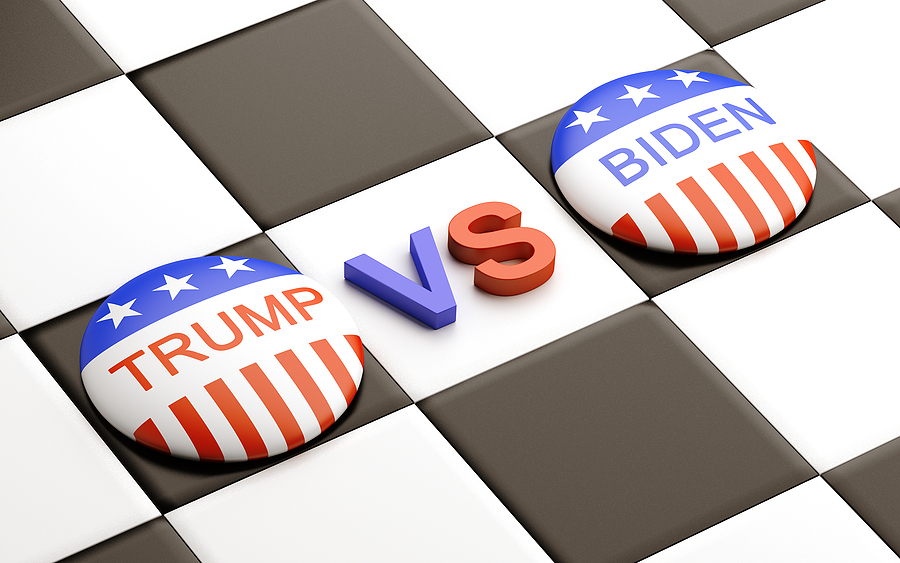By CHUCK GREEN
The commercial real estate industry is facing major headwinds as more than $900 billion in outstanding commercial mortgages held by U.S. lenders and investors comes due this year.
But that’s not the only event on CRE professionals’ minds—the presidential election this November may have its own impact.
Stijn Van Nieuwerburgh, Professor of Finance at Columbia Unversity’s Graduate School of Business, told The Mortgage Note that increased uncertainty and possible changes to taxes, rates, and credit make political change a significant event in the CRE sector.
“Elections tend to lower transaction volumes as investors shift into a wait-and-see mode; this usually happens in the runup to the election itself,” he said.
At the same time, credit spreads may tighten if financial markets become more bullish on the future path of the U.S. economy. He noted that this exact scenario played out shortly after Donald Trump’s election, bolstering CRE lending costs and transaction volumes.
Jamie Maniscalco, president and managing broker at The Alpha Commercial Advisors in Miami, also pointed to market uncertainty in the face of a presidential shake-up.
She said this is especially true for buyers and sellers “who lack a time-sensitive motivation to dispose of assets or place capital.” Buyers who have been cautious about making deals right now, with extended closing times and more conservative underwriting, might more aggressively pursue opportunities once they know where politics are heading.
“That said, at the same time – at this point — the general consensus among many of our customers is that interest rates are not going to return to where they were; regardless of who’s in office,” she noted.
Rates remain a top influence on the CRE market. Expectations for Fed rate cuts have changed drastically from the start of the year. Just months ago, some analysts expected multiple cuts by 2025. Since then, predictions have drifted to one, possibly none.
Richard Barkham, global chief economist for CBRE, told The Mortgage Note that “markets are primarily impacted by interest rates and GDP growth — elections don’t have that much impact. This said, it is possible that buyers and sellers might be a little more cautious in the two or three months prior to a U.S. election, which is quite uncertain in outcome. If interest rates are cut, however, that will be the most important factor.”
In the short term, Barkham doesn’t think elections impact the commercial market. However, markets do react to long-term interest rates.
“There’s a big budget deficit right now, and that’s pushing up the 10YT. I don’t see either candidate talking about reducing the deficit, but this will need to happen at some point,” he said.
“Markets are affected by legislation, but this comes along all the time, not just in election years.” Owners of real estate need to track proposed new laws all the time, and lobby for and against them where necessary, through trade groups, continued Barkham.
“We’re seeing a lot more proactivity on disposition decisions for those more motivated sellers to liquidate now rather than wait and see in order to cut losses,” Maniscalco said. “Regardless of the outcome of the election, the likelihood of a sharp increase in action to follow is undeniable.”
But Dallas attorney Ronald Rohde isn’t so sure. “I think investors have to have enough upside, regardless of who wins the election,” he told The Mortgage Note. “Markets don’t seem to price in who the winner will be, too much gambling.”
